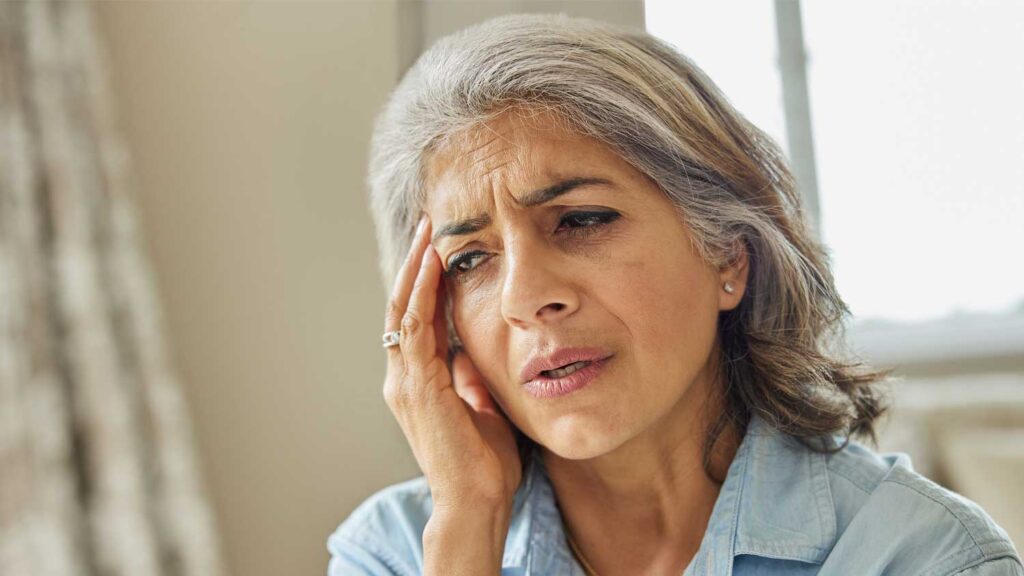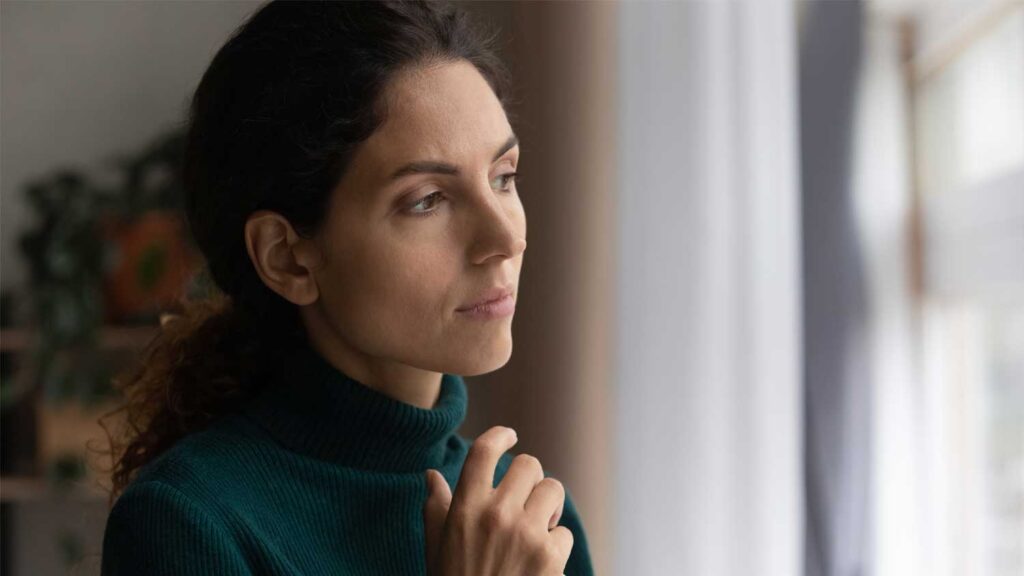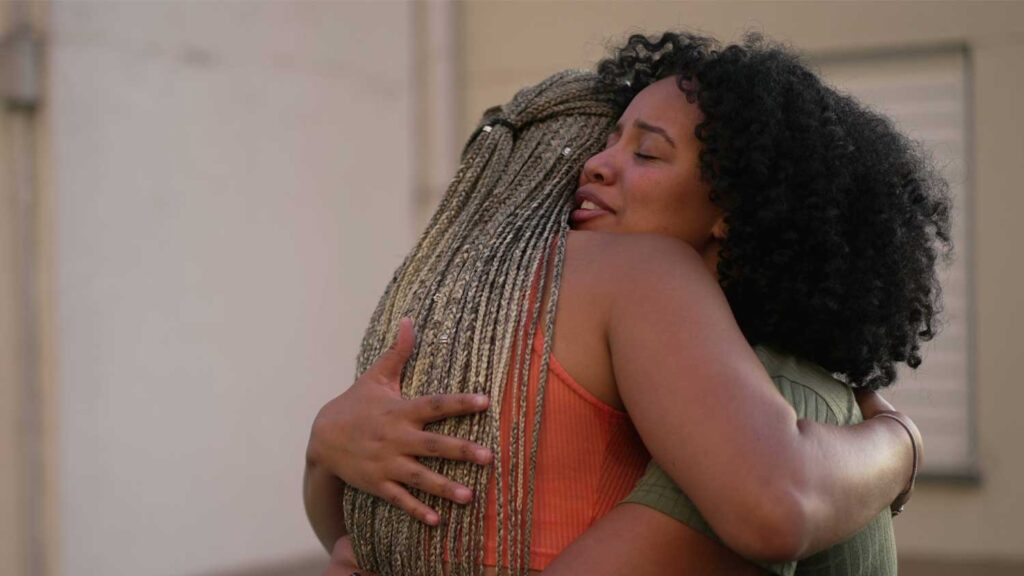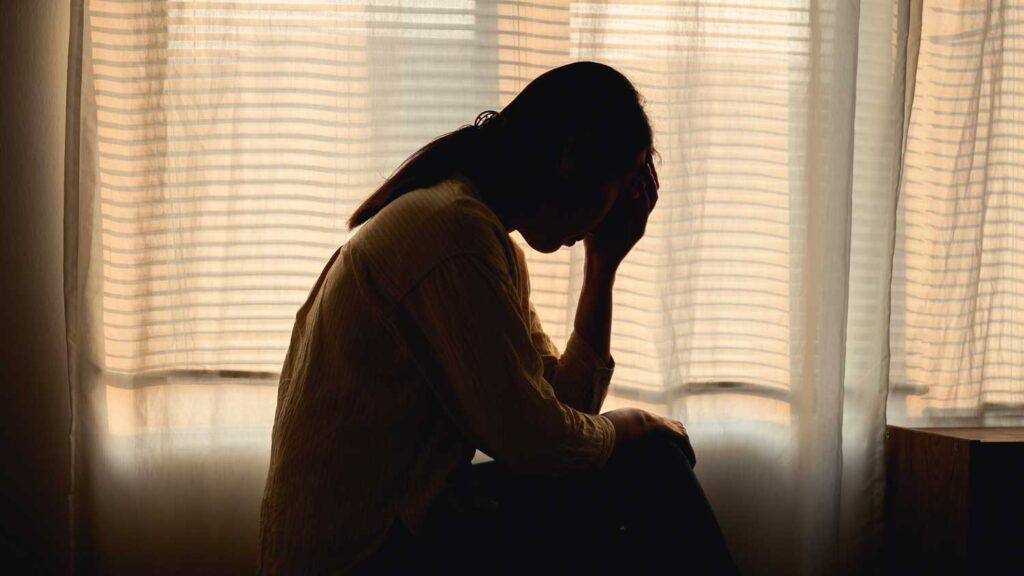Physical Change
As we grow, our bodies physically change, from adolescence to puberty, and middle age to senior. There are many ways that our bodies change as we transition through different seasons of life. With aging, so comes the wear and tear of our bodies. There are quite a few ways that our bodies physically show their age.
- Menopause
As we get older a major way that our bodies change is through menopause. Around the age of 50 most women will begin menopause, where the ovaries stop producing hormones and menstrual periods stop. With menopause, many women notice other changes in their bodies due to hormone production changes. These symptoms of menopause can be things like hot flashes, vaginal dryness and night sweats. It’s best to keep your doctor involved when going through menopause so that they can guide you through how to deal with some of the sudden changes. - Muscles & Bones
Naturally, our bodies begin to lose bone and muscle mass at an early age of 35, however, menopause increases bone loss with a lack of estrogen–a hormone that increases bone strength. This can make you feel weak and more prone to falls. You can keep your bone and muscle strength healthy by including calcium in your diet and some weight-bearing exercises in your routine. - Hearing
Nearly 40% of people over 50 experience hearing loss in some form. However, modern technologies can aid hearing in incredible ways. It’s best to be willing to ask for guidance when you think you may start to experience hearing loss, as doctors can help determine why a patient may be losing hearing, and help prevent more loss. - Eyesight
Be aware that the need for reading glasses is nearly universal at age 50. The muscles and lenses of the eyes slowly deteriorate over time, so it’s very natural to experience a loss of close detailed vision. Don’t strain your eyes trying to read, reading glasses today can be quite the accessory. - Heart
As the body grows, the heart itself gets thicker and tougher. This results in heart disease being very common. Heart health is pivotal in our older bodies, so ask your doctor about lifestyle choices, like diets and daily activities, to keep your heart in good shape. - Immune System
Like many other things, our immune system breaks down with age. It becomes less efficient, leaving us more susceptible to everyday illnesses. Simply taking an extra minute to thoroughly wash your hands and wipe down counters can help decrease the risk of getting sick. - Skin
This is the season of life when years of sun damage start to rear its ugly head. Wrinkles and darker skin start to appear as a result. Using moisturizer and keeping regular skincare routines can help keep your skin healthy, even with these notable changes. Skin cancer can also be a problem, however, most skin cancers are easily treated. Make sure you are getting regular checks for suspicious spots. - Joints
The cartilage that protects the joints in our knees and elbows wears down over time. As the cartilage wears down over time, this is what usually happens when patients begin to report joint pain. This is natural, it is estimated that one in three Americans have some form of joint pain by the age of 50. - Urinary Tract
If you haven’t noticed already, you will need to urinate more frequently. With the hormonal changes from menopause, the urinary tract changes its schedule for more frequent urination, this is natural. You may also experience stress urinary incontinence, SUI, the release of some urine when coughing, sneezing or even laughing. This is not a cause for concern as it affects one in three women in their 50s.
Nutrition, Exercise & Fitness
As all of these changes to our bodies happen, it is important to keep a diverse, balanced diet and a consistent physical routine. Eating on a diet involving a wide variety of nutrients and vitamins will help your body adapt to its new changes in a smoother transition. The same goes for having a regular physical activity routine. You don’t necessarily need to be at a gym lifting weights, but going on a walk or finding a simple yoga routine can help keep your body healthy as well.
Emotional Wellness
Part of staying healthy includes emotional health. With all the hormonal changes that come with growing older, our emotions may shift as well. It’s helpful to stay aware of how you are feeling emotionally. You can ask yourself reflecting questions like, “Is this joyful?” or “Why am I spiteful right now?” Processing these questions with yourself or a trusted loved one can help you understand why you might be feeling a certain way. Emotions are tricky to understand, but avoiding them when they are uncomfortable can lead to increased stress and anxiety.
Take the time to love yourself. It may seem cheesy or too self-centered, but self-care is important as we grow older. It can be easy to look back at days when you didn’t feel winded from walking upstairs, and resent yourself for growing older. You can shift those thoughts and feelings into beautiful memories. And in doing so you can find new hobbies and interests that are more interesting and accessible to you like, reading, cooking more extravagant recipes or just enjoying speaking to others about the lives you each have lived.
Social Support
Having a social support system can make a world of difference for not just your health but your general well-being. Just as Hebrews 10:24 reminds us to “spur up one another to love and good deeds,” we can do so by getting involved in our church or other local communities. Take some time to look at what kinds of communities are in your area, and pick a few to try out. Maybe there’s a garden club for the green thumbs, or a bingo group you can meet up with regularly! Having a few close friends to walk through life with is a great way to work through anything you may be struggling with. Get out there, it’s never too late to meet new friends.
Conclusion
As we embrace the wisdom of age and experience, we find ourselves in awe of the remarkable journey our bodies have taken. The symphony of physical changes reminds us of the remarkable vessel that carries us through each passing year. Embracing our emotions and finding joy in self-love, we discover that every stage of life holds unique treasures waiting to be uncovered. Moreover, we cherish the significance of support and social connections, the bonds that enrich our lives and alleviate the weight of the challenges we face. Let us step forward, hand in hand, into the ever-unfolding tapestry of time, embracing the beauty of change and the joys of aging with grace and vitality.














